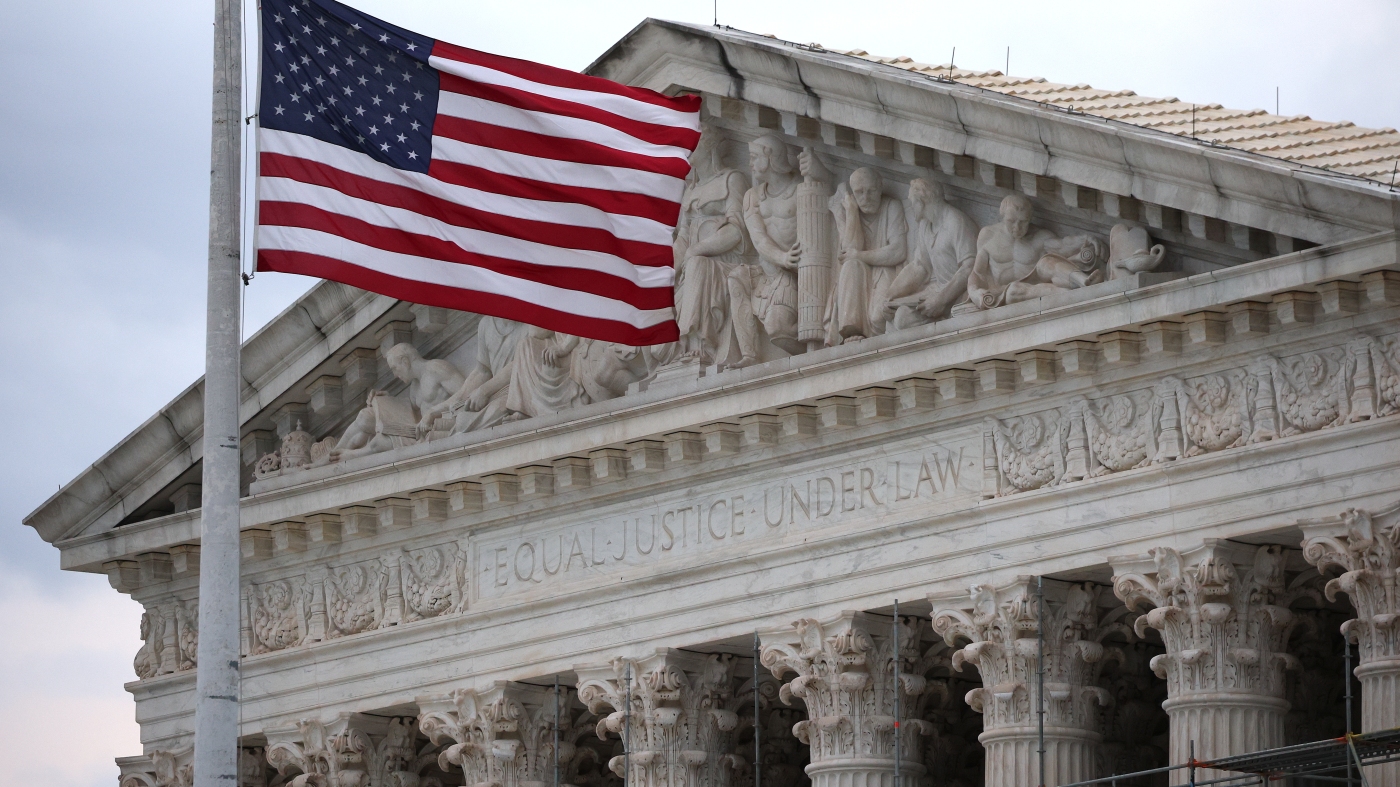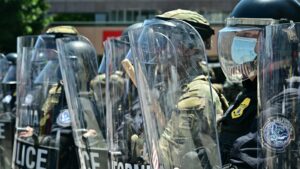Supreme Court Faces Crucial Decision on Trump Administration’s Use of Alien Enemies Act
In a significant legal battle, the Trump administration has appealed to the U.S. Supreme Court to overturn a lower court’s decision that limits its use of the Alien Enemies Act. This move comes after the administration attempted to deport alleged Venezuelan gang members under this rarely invoked wartime authority.
Earlier this month, President Trump utilized the Alien Enemies Act to transfer over 200 Venezuelan men to a high-security prison in El Salvador. However, this action faced a legal hurdle when U.S. District Judge James Boasberg issued a temporary block on the act’s application. Supporting Boasberg’s decision, a D.C. Circuit Court of Appeals panel also decided to uphold the block.
Acting Solicitor General Sarah Harris, in an appeal to the Supreme Court, emphasized the constitutional authority of the President in national security matters. She stated, “The Constitution supplies a clear answer: the President. The republic cannot afford a different choice.“
Harris warned that Judge Boasberg’s orders obstruct the President’s ability to protect the nation from foreign terrorist threats, potentially undermining delicate international negotiations.
This legal confrontation also involves the American Civil Liberties Union and Democracy Forward, who have filed a lawsuit against the Trump administration for bypassing due process in the deportation process under the Alien Enemies Act. During recent oral arguments, Judge Patricia Millett remarked, “Nazis got better treatment under the Alien Enemies Act than what has happened here. They had hearing boards before they were removed.“
The White House has justified its actions by labeling the deported Venezuelans as members of Tren de Aragua, which the Trump administration has classified as a foreign terrorist group. However, critics highlight the lack of substantial evidence supporting these claims.
Additionally, the administration has acknowledged in court filings that many of those deported lack criminal records in the U.S., arguing that this absence of information underscores the potential threat they pose.






